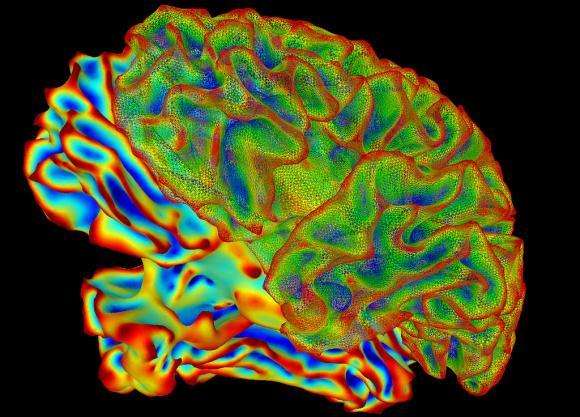Attention something that affects everyone and is critical to daily life. Now, the National Science Foundation (NSF) has awarded a $6 million grant to brain scientists to develop a greater understanding of attention and develop a unified model that applies across multiple domains, from single cells to large brain circuits.
The project will be a collaboration between 14 scientists at four institutions: Dartmouth College, Montana State University, the University of Nevada Reno, and Brown University.
Brown University researchers, including David Sheinberg, professor of neuroscience, will receive $1.4 million over four years, according to a university release.
“This is a multiproject ‘collaborative’ grant, so we’ll participate in all aspects,” Sheinberg said in the statement. “This includes research projects between labs focusing on both circuit level physiology and systems level processing in animal models and people.”
The consortium will delve into the neural basis of attention using a variety of brain imaging methods such as electroencephalography (EEG), functional magnetic resonance imaging (fMRI), and electrocardiography (EcoG). Research will be performed on both humans and monkeys and will be divided into the following four themes:
- Neurophysiological effects of attention on multi-unit patterns and rates of neural firing
- The relationship of attention to working memory
- Large-scale cortical dynamics of attention
- Tying data together via micro- and macro-circuit models of attention
There are plans to host a yearly conference to foster mentoring and career development for women and other under-represented minority groups. The project also aims to have a strong outreach component that will try to engage students at middle and high schools.
“Paying attention is central to almost everything we consciously do in life,” Peter Ulric Tse, principal investigator on the grant and professor of psychological and brain sciences at Dartmouth, said in a university statement. “Understanding the brain systems that afford us the ability to attend will help us understand cases where those systems are damaged, and also understand how best to foster attentional ability in normally functioning brains. As far as I know, we will be the only consortium of scientists tackling this question.”







